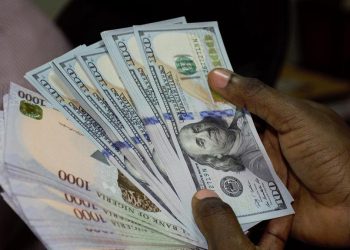The Socio-Economic Rights and Accountability Project (SERAP) has followed through on its warning to take legal action against the Nigerian government over the recent fuel price hike. The organization has filed a suit at the Federal High Court in Abuja, challenging President Bola Tinubu’s administration for its failure to reverse the increase in the pump price of petrol.
The Lawsuit
In the suit, marked FHC/ABJ/CS/1361/2024 and filed last Friday, SERAP named President Bola Tinubu and the Nigerian National Petroleum Company Limited (NNPCL) as the principal respondents. The Attorney General of the Federation and Minister of Justice, Mr. Lateef Fagbemi, SAN, was also listed as a respondent.
According to a statement released by SERAP Deputy Director Kolawole Oluwadare, the legal action stems from the government’s failure to address allegations of corruption and mismanagement within the NNPCL, in addition to the unaddressed fuel price hike.

SERAP’s Demands
SERAP is asking the court to issue an order compelling President Tinubu to direct the NNPCL to reverse the petrol price increase, which surged from N600 per litre to N845 per litre. The organization argues that this price hike is “unjust, illegal, unconstitutional, and unreasonable.”
Moreover, SERAP is pushing for a directive that mandates an investigation into allegations of corruption and mismanagement within the NNPCL. Specifically, the group wants the Attorney General, along with anti-corruption agencies, to probe the matter and prosecute any individuals found responsible.
Impact on Nigerians
SERAP has raised concerns about the profound economic impact the fuel price hike is having on ordinary Nigerians, particularly the less privileged. The increase, they argue, is worsening the country’s already deteriorating economic situation and plunging more citizens into poverty.
Why This Matters
Fuel prices play a critical role in Nigeria’s economic stability. The sharp increase in petrol costs has a ripple effect, driving up transportation and commodity prices, thus straining household incomes. SERAP’s legal action highlights the growing public frustration and concern over governance in the oil sector, emphasizing the need for transparency and accountability.
SERAP believes that holding the NNPCL accountable for its alleged mismanagement and corruption would not only serve public interest but also alleviate some of the economic hardship faced by millions of Nigerians.

















